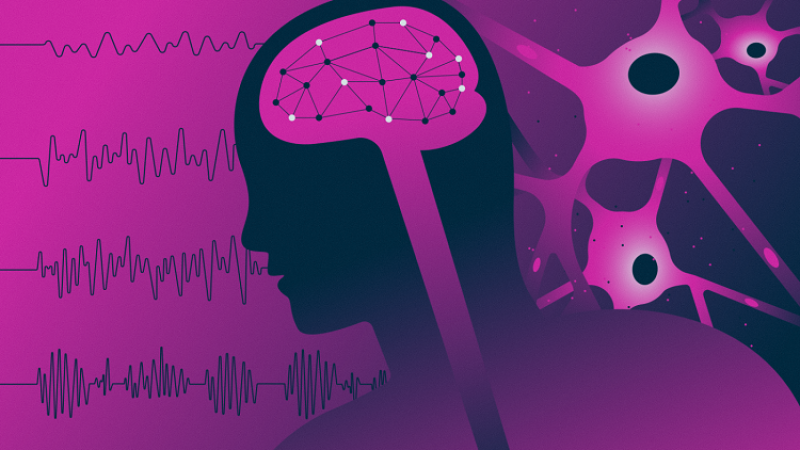
National epilepsy day is observed on November 17, emphasizing awareness and support for individuals living with epilepsy and their families.
Epilepsy is a neurological disorder characterized by recurrent seizures. While it cannot always be entirely prevented, certain lifestyle modifications can significantly reduce the frequency and severity of seizures, as well as help individuals cope with the condition. Here are some strategies for managing epilepsy:
Medication Adherence: One of the most crucial aspects of managing epilepsy is taking prescribed medications consistently. Medications help control seizures, and missing doses can increase the risk of breakthrough seizures. Always follow your doctor's instructions regarding dosage and timing.
Healthy Lifestyle Choices: Adopting a healthy lifestyle can positively impact epilepsy management. This includes getting enough sleep, eating a balanced diet, exercising regularly, and avoiding excessive alcohol consumption and recreational drugs. Maintaining a routine can also aid in seizure control.
Stress Management: Stress can trigger seizures in some individuals. Practice stress-reduction techniques such as deep breathing, meditation, yoga, or engaging in hobbies that promote relaxation. Counseling or therapy may also be beneficial in managing stress.
Regular Sleep Patterns: Lack of sleep or irregular sleep patterns can contribute to seizure activity. Aim for a consistent sleep schedule by going to bed and waking up at the same time each day. Create a relaxing bedtime routine to improve sleep quality.
Seizure Diary: Keeping a detailed record of seizures, including their frequency, duration, triggers, and any accompanying symptoms, can help identify patterns and triggers. This information can assist your healthcare provider in adjusting your treatment plan.
Safety Measures: Taking precautions to ensure personal safety during a seizure is crucial. This includes avoiding activities that could be dangerous if a seizure were to occur, such as swimming alone or operating heavy machinery.
Education and Support: Educate yourself and those around you about epilepsy. Joining support groups or seeking counseling can provide emotional support and practical advice for coping with the challenges of living with epilepsy.
Medical Identification: Wearing a medical identification bracelet or necklace that indicates you have epilepsy and provides emergency contact information can be invaluable in case of a seizure in a public place.
Avoiding Triggers: Identify and avoid potential triggers that might provoke seizures. Common triggers include stress, lack of sleep, flashing lights, certain foods or drinks, and specific medications.
Regular Medical Follow-ups: Maintain regular check-ups with your healthcare provider to monitor your condition, discuss any concerns or changes in symptoms, and ensure that your treatment plan is effective and up-to-date.
It's important to note that while lifestyle modifications can be beneficial, they may not entirely prevent seizures in all individuals with epilepsy. Each person's experience with epilepsy is unique, so working closely with healthcare professionals to develop a personalized management plan is essential.
If you or someone you know has epilepsy, remember that with proper care, support, and management strategies, it is possible to lead a fulfilling life while effectively managing the condition. Always consult healthcare professionals for personalized advice and guidance based on individual needs.
All About Hypertension: Effect of Salt Intake on Severity, Reducing Stress with Dietary Changes
Understanding Eye Floaters: Causes, Symptoms, Prevention, and Treatments